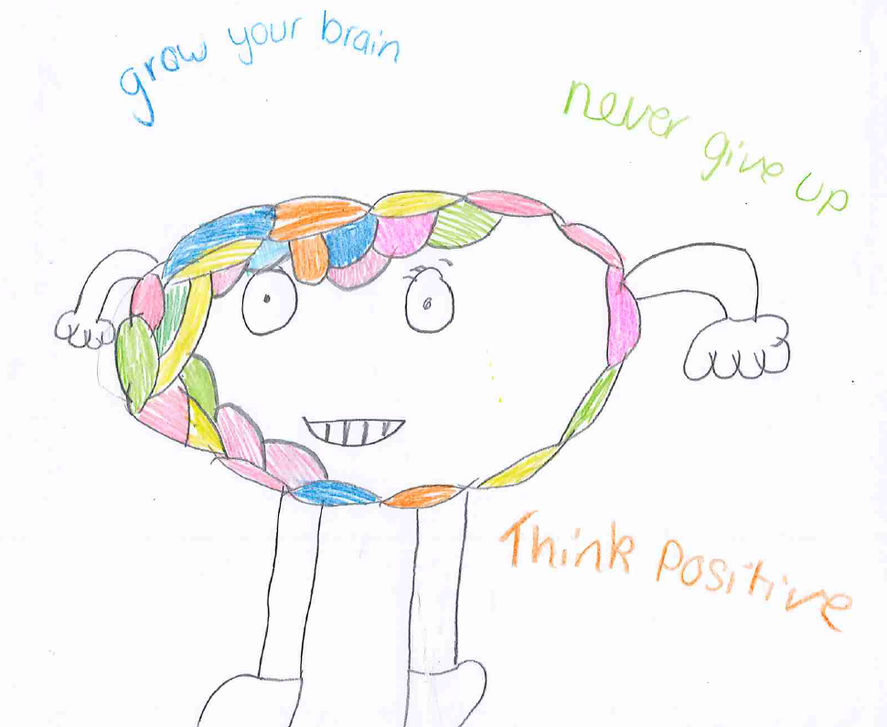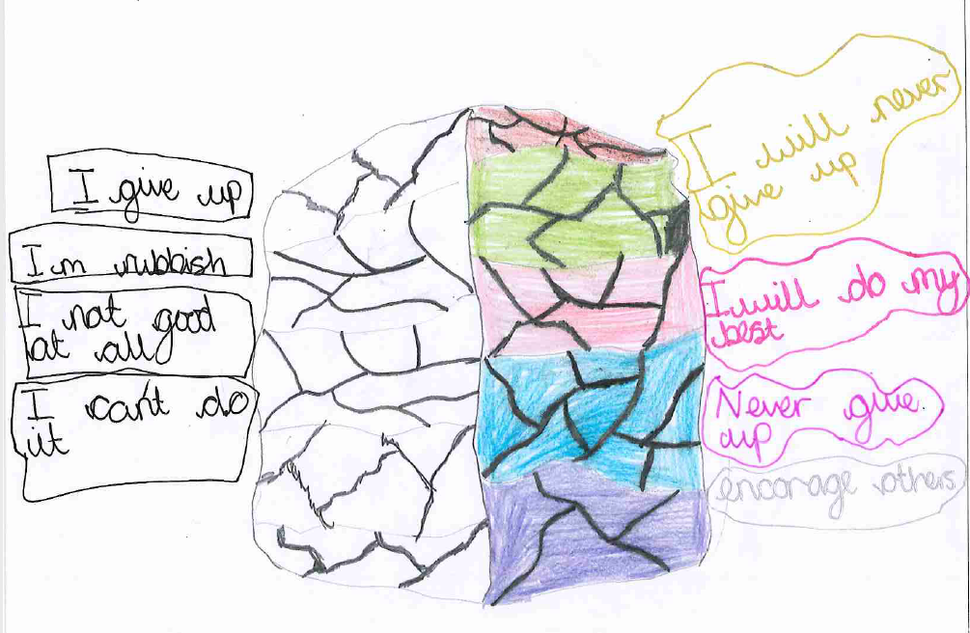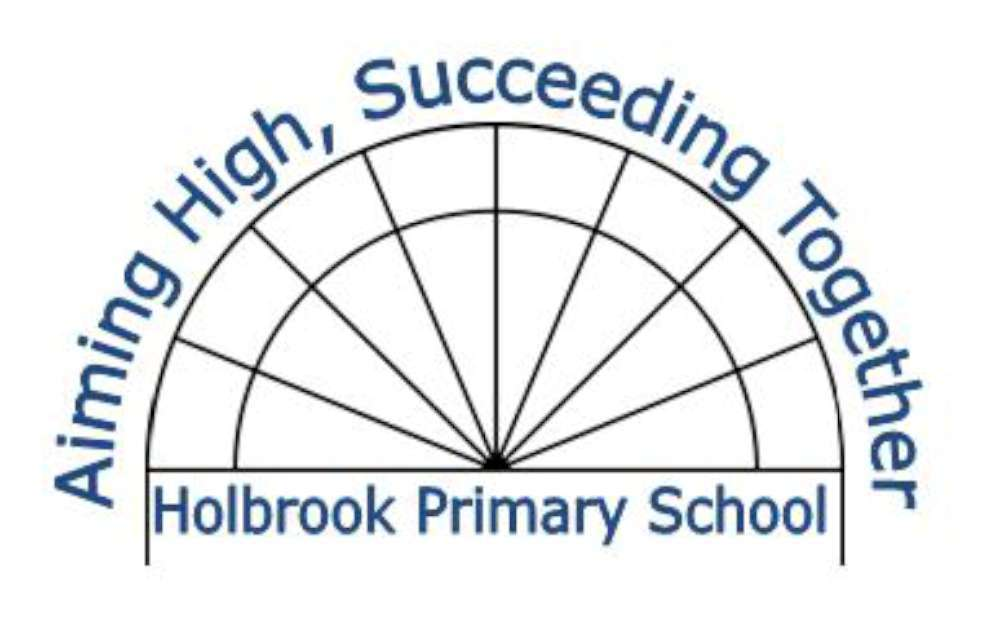Growth Mindset
DEVELOPING 'GROWTH MINDSETS'
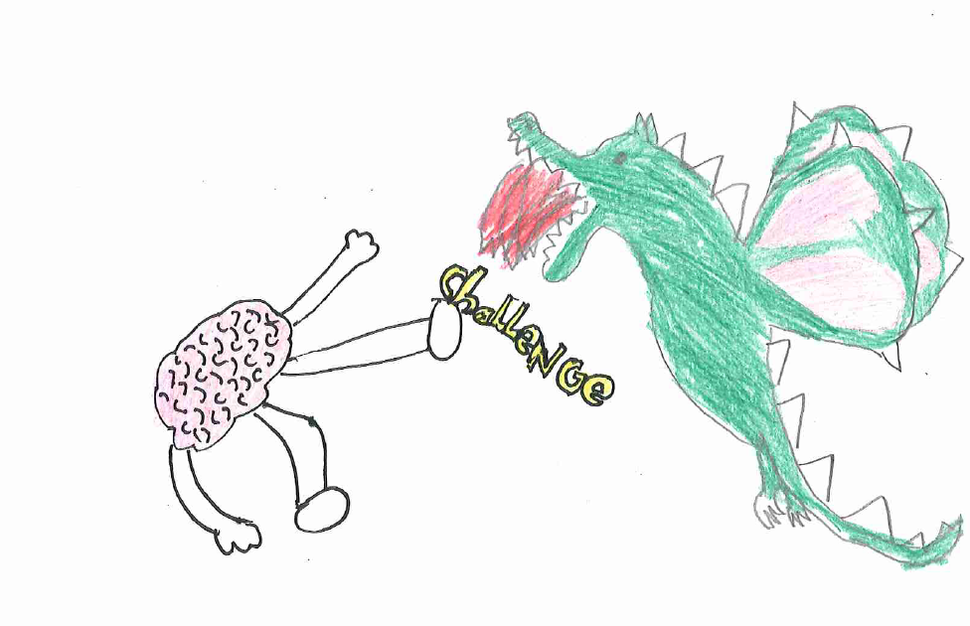

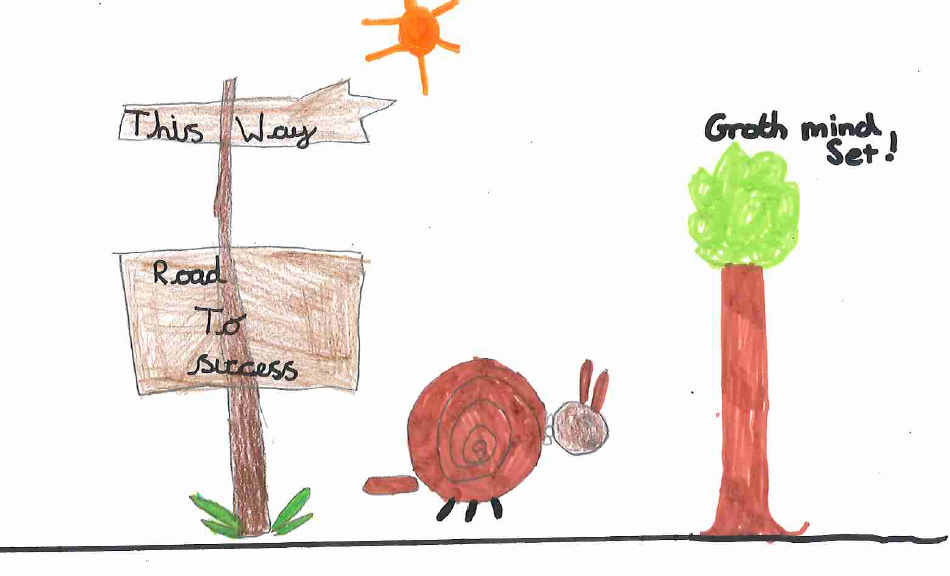

As a way of developing our pupils’ learning skills, we have been encouraging them to develop what is known as a ‘Growth Mindset’ and your child may have talked to you about this already.
'Growth Mindset' is based around the research of Professor Carol Dweck who talks about the power of our mindset or our beliefs (especially around challenge). We can either have a Fixed Mindset where we let failure (or even success) define who we are, or a Growth Mindset where we see setbacks as opportunities to grow and improve ourselves.
She says, "In a fixed mindset students believe their basic abilities, their intelligence, their talents, are just fixed traits. They have a certain amount and that's that, and then their goal becomes to look smart all the time and never look dumb. In a growth mindset students understand that their talents and abilities can be developed through effort, good teaching and persistence. They don't necessarily think everyone's the same or anyone can be Einstein, but they believe everyone can get smarter if they work at it.”
Below is an overview of the traits of each:
|
Fixed Mindset Intelligence is static |
Growth Mindset Intelligence can be developed |
|
Leads to a desire to look smart and therefore a tendency to… |
Leads to a desire to learn and therefore a tendency to… |
|
Avoid challenge |
Embrace challenge |
|
Give up easily |
Persist in the face of setbacks |
|
See effort as fruitless or worse |
See effort as the path to success |
|
Ignore useful constructive critical feedback |
Learn from constructive critical feedback |
|
Feel threatened by the success of others |
Find lessons and inspiration in the success of others |
|
As a result, they may plateau early and not achieve their full potential |
As a result, they match ever-higher levels of achievement |
There is a large body of evidence proving that having a Growth Mindset can improve children’s progress and attainment. Research also evidences that children with a 'Growth Mindset' outperform their 'Fixed Mindset' peers substantially. They achieve far better academically and are better motivated and actually happier in life! As a result, we are teaching our children that by having a Growth Mindset they can grow their brains and intelligence and achieve anything they want!
Staff at Holbrook make sure that the children are aware of how much more they can achieve with a Growth Mindset. Hearing a consistent message is important and we would like to encourage you to try some of the following ideas at home:
- Praise the amount of effort your child is putting into things, rather than how clever they are;
- Discuss errors and mistakes and help your child to see them as opportunities to learn and improve;
- Talk to your child about their brain being like a muscle - the more they use it, the stronger it gets;
- Encourage your child to persevere if they are finding something difficult;
- Challenge your child to try something new or challenging;
- Look at the Growth Mindset video clips on our website pages together with your child.
- A Short animation explaining the theory of growth and fixed mindsets. This is a tested and effective way of teaching young people what a fixed mindset is and how we can change that. Many of the messages in this video have been taken from the theorist Carol Dweck.
- Episode 1: A Secret about the Brain
